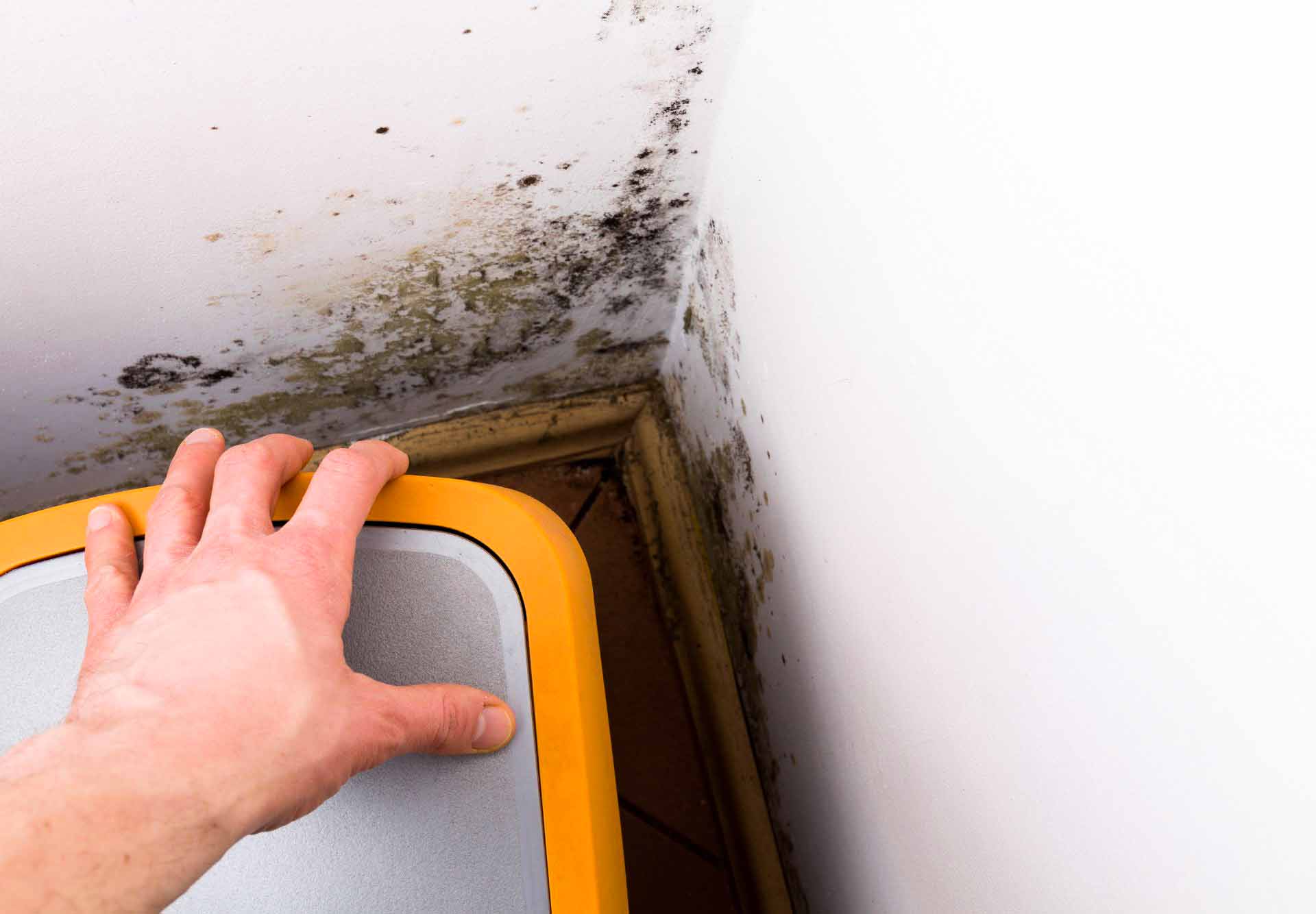The presence of black mold in our living environments is a serious concern not to be trifled with. Pregnant women may worry about its potential effects on their unborn child. Addressing the question, “Can black mold exposure during pregnancy harm the baby?” – the good news is that it is unlikely to cause harm. However, it is always essential to ensure a safe and healthy environment for both mother and child.
There is abundant helpful advice for maintaining a healthy pregnancy, ranging from nutrition and exercise to avoiding hazardous home cleaners (even cat litter). However, the possible health concern posed by black mold in your house is frequently omitted from the debate.
It is unlikely that black mold may affect you or your pregnancy, but that does not mean it is safe to have in your house. What is black mold, and how likely is it to negatively affect your health or your growing child? Here is the pertinent information.
What exactly is black mold?
Stachybotrys chartarum, sometimes known as black mold, is a slow-growing, black, or greenish-black fungus that grows on cellulose materials with a moisture or water problem. If you have black mold in your home, you will most likely find it in the kitchen, bathroom, or basement, where the risk of water damage is greatest. The slime that covers black mold protects it from drying out and becoming airborne, so the risk of inhaling it is minimal. But studies indicate that even if you breathe in dried black mold, you will not become ill.
If you have black mold in your home, you will likely notice it on the following surfaces several months after water damage:
- Carpets
- Sheetrock
- Insulation
- Cotton or paper
- Wallpaper
- Wood
Will Prenatal Exposure to Black Mold Harm the Fetus?
No scientific research demonstrates a direct link between exposure to black mold and adverse health effects on a developing fetus or pregnant mother. However, this does not indicate that black mold exposure has no health hazards. According to research, no molds or fungi may make humans ill. Instead, certain molds can produce chemicals that may provoke allergies in susceptible individuals, particularly those with allergies or asthma.
It is immoral to expose a pregnant woman to anything that poses a risk to her pregnancy, which is one reason there is little research on the effects of black mold on pregnancy. Instead, researchers may and have undertaken comprehensive studies on the effects of mold on non-pregnant individuals. They discovered that black molds, like other types of mold and fungi, can produce poisons that can make people ill.
The severity of an individual’s illness primarily depends on how they react to allergens. Symptoms similar to hay fever are typically the most severe reactions to mold. These symptoms may consist of:
- Runny nose
- swollen eyes
- Asthma-like symptoms
- Rash included hives
- Coughing
- Post-nasal drip
- Eye, nasal, and throat itching
- Scaly, itching, parched skin
The incidence of miscarriage increases when pregnant mice are exposed to black mold, according to studies conducted on animals. However, it is unknown whether the response of humans would be identical. Pregnant women are recommended to avoid exposure to all types of mold, including black mold.
What to Do if You Discover Black Mold at Home
If you suspect your home has a mold problem, the first step is to discover and identify the mold. Ensure that you know the type of mold you are dealing with. Since black mold is caused by water damage or moist regions, do what you can to repair leaking pipes or faucets and seal humid locations, such as basements with dirt floors. Some of these repairs may require the assistance of a professional plumber.
Throw away items with black mold.
Black mold can be difficult to eradicate. And due to the risk of illness, it is essential to remove all of it to prevent it from growing back. Therefore, it is prudent to dispose of as much as possible, particularly if mold is present on carpets, clothing, toys, books, furniture, and other items that you may come into contact with.
Call a cleaning service.
Especially if you are pregnant, cleaning black mold may not be an easy or safe task for you. In this scenario, it may be preferable to hire a professional cleaner to eliminate the mold issue permanently. Molds can be poisonous and cause illness; therefore, choosing a professional cleaning service accredited by the Institute of Inspection, Cleaning, and Restoration Certification (IICRC) is advisable. IICRC-certified companies have the necessary training and equipment to clean your house thoroughly.
Make your own mold remover.
For some spots of mold, such as on bathroom tiles or other isolated areas, you can make your own spray or use common household cleaners. Here are some things to consider:
- Chemicals that eliminate mold and mildew.
- Universal cleaners
- Vinegar (not bleach)
- Dish detergent
Baking soda and water will do the trick if you don’t want to use dangerous chemicals to clean up mold in your home. For more information on how to deal with mold in your home, consult the Environmental Protection Agency’s safety and cleanup activities.
The Conclusion
Black mold is unlikely to have a negative impact on your pregnancy, but it can make you and your family ill. Mold is dangerous and should be eliminated from your home. But if you’ve been exposed to mold, talking to your doctor about your concerns can help relieve your mind. To avoid black mold from forming in your home, inspect for excessive moisture areas, leaking pipes and faucets, and other water damage sources. Don’t be hesitant to bring in a professional cleaner for assistance.
Meaningful articles you might like: Managing Cramps and Swelling from Pregnancy Leg Pain, Week 40 of Pregnancy, 7 Risk-Free Treatments for Pregnancy Acne

